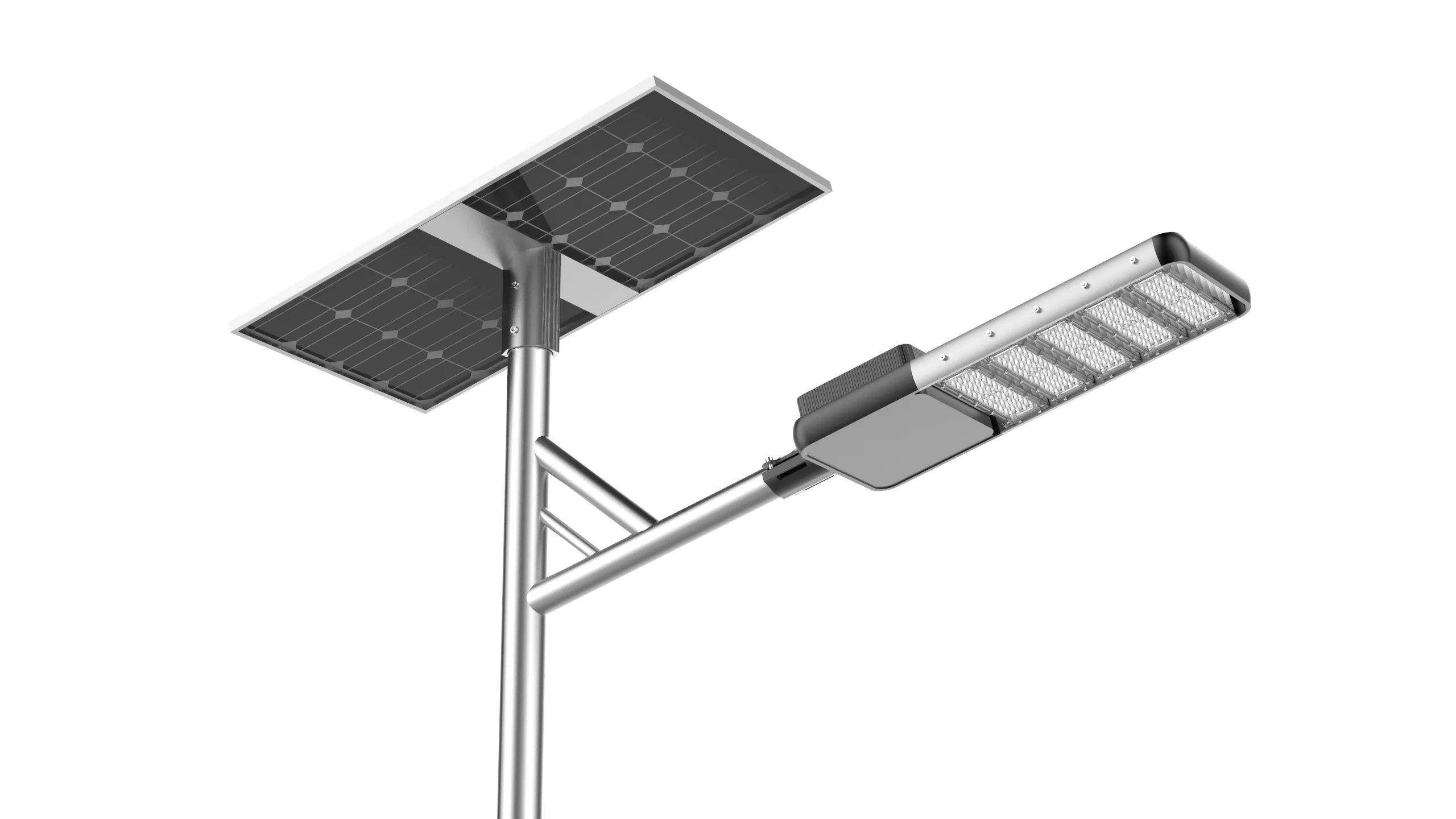Imagine a world where the power of the sun fuels our homes, businesses, and cities—without pollution, without rising fuel costs, and without damaging the planet. This isn’t a distant dream. It’s happening now, thanks to solar energy. As the global community grapples with the realities of climate change and depleting fossil fuel reserves, solar energy emerges as a beacon of hope. It’s clean, renewable, efficient, and increasingly accessible.
At KP Smart Energy, we believe in driving this transition with cutting-edge solar solutions that are both environmentally friendly and economically smart. In this article, we explore how solar energy is reshaping our future, why it’s crucial for sustainable growth, and how your community can benefit from making the switch.
What is Solar Energy?
Solar energy is the radiant light and heat that comes from the sun. This energy can be harnessed through various technologies, primarily photovoltaic (PV) panels and solar thermal systems. It’s a versatile source of power, capable of generating electricity, heating water, and even fueling industrial processes.
How Does Solar Energy Work?
Photovoltaic systems convert sunlight directly into electricity using semiconductor materials. When sunlight hits the solar panels, electrons are knocked loose, creating an electric current. This electricity can be used immediately, stored in batteries, or fed back into the grid.
Solar thermal systems, on the other hand, use sunlight to heat fluids, which can then be used for residential water heating or even to power turbines for electricity generation in large-scale solar power plants.
The Environmental Impact of Solar Energy
One of the most compelling reasons to adopt solar energy is its positive environmental impact. Traditional energy sources, like coal and natural gas, emit harmful greenhouse gases that contribute to global warming and air pollution.
Reducing Carbon Footprint
Solar energy systems produce zero direct emissions during operation. Over their lifetime, they can offset tons of carbon dioxide that would otherwise be released by fossil fuel-based energy systems. By switching to solar, households and businesses can significantly reduce their carbon footprints.
Conservation of Natural Resources
Solar energy doesn’t require water for electricity production, unlike coal or nuclear plants, which consume vast quantities of water. It also helps preserve finite resources like coal, oil, and natural gas, ensuring they remain available for essential applications that don’t yet have sustainable alternatives.
Economic Benefits of Solar Energy
Apart from being environmentally beneficial, solar energy makes sound financial sense—especially in the long term.
Lower Energy Bills
Once installed, solar panels significantly reduce electricity bills. In many regions, users can even sell excess energy back to the grid through net metering programs, turning their homes into mini power plants.
Job Creation
The solar industry is labor-intensive, meaning it generates more jobs per unit of electricity than fossil fuel sources. From manufacturing and installation to maintenance and sales, the sector is providing employment opportunities across the globe.
Energy Independence
Relying on solar energy reduces dependence on imported fuels. This enhances national energy security and shields economies from volatile fossil fuel prices.
Technological Advancements in Solar Energy
Solar technology has come a long way in the past two decades. Today’s systems are more efficient, durable, and adaptable than ever before.
Improved Efficiency
Modern solar panels convert more sunlight into electricity, even in low-light conditions. Advanced tracking systems allow panels to follow the sun’s path, increasing daily energy capture.
Energy Storage Solutions
With the integration of lithium-ion and other advanced batteries, solar energy can now be stored for use during nighttime or cloudy periods. This makes solar power a more consistent and reliable energy source.
Smart Integration
Smart solar systems can be connected to home automation platforms, allowing users to monitor energy production and consumption in real time. This not only optimizes usage but also helps in making informed decisions for energy savings.
Solar Energy in Urban and Rural Development
Whether in the heart of a city or the farthest corners of rural areas, solar energy is proving to be a game-changer.
Urban Adoption
In urban environments, solar energy is being deployed on rooftops, commercial buildings, parking structures, and even as part of infrastructure like solar street lights. It reduces grid congestion and supports more sustainable city planning.
Empowering Rural Communities
In many developing regions, solar power is the most viable option for electrification. Off-grid solar systems are providing power to schools, clinics, and homes that were previously without electricity, dramatically improving quality of life.
Overcoming Challenges in Solar Energy Adoption
Despite its advantages, the adoption of solar energy still faces several hurdles. However, awareness, policy changes, and innovation are rapidly overcoming these barriers.
Initial Installation Costs
Although solar panel prices have dropped significantly, the upfront cost can still be a deterrent. However, financing options, subsidies, and tax incentives are making solar energy more accessible to a broader audience.
Space Limitations
For some urban properties, space can be a constraint. Fortunately, innovations such as building-integrated photovoltaics (BIPV) and solar shingles allow for efficient use of limited roof space.
Weather Dependency
While solar panels work best in direct sunlight, they still produce electricity on cloudy days. Hybrid systems that combine solar with wind or grid power offer consistent energy supply regardless of weather conditions.
KP Smart Energy: Your Partner in a Solar-Powered Future
At KP Smart Energy, we are committed to delivering high-performance, reliable, and affordable solar energy solutions. From consultation and system design to installation and maintenance, our end-to-end services ensure that your transition to solar is seamless and beneficial.
Our solar systems are not only environmentally conscious but also technologically superior, integrating energy storage, real-time monitoring, and smart automation for optimal performance.
We cater to residential, commercial, and industrial clients, ensuring that whether you’re lighting a home, powering a factory, or illuminating a city street, you’re doing it sustainably with solar energy.
The Future Outlook for Solar Energy
The future of solar energy is bright—literally and figuratively. As global awareness grows and technology continues to improve, we can expect even wider adoption across sectors.
Policy and Incentives
Governments worldwide are recognizing the importance of renewable energy and offering incentives for solar installation. These policies are vital in accelerating adoption and encouraging innovation.
Integration with Other Renewables
Solar energy is increasingly being integrated with other renewable sources like wind and hydro to create hybrid power systems. These systems enhance grid stability and offer round-the-clock green energy.
Sustainable Urban Planning
Cities of the future will likely be designed with solar energy in mind—from solar-integrated building materials to solar-powered public transportation and infrastructure.
Conclusion
Harnessing solar energy is more than a trend—it’s a movement toward a cleaner, greener, and more sustainable tomorrow. The advantages are clear: reduced carbon emissions, long-term financial savings, and enhanced energy security. From individual homes to entire cities, everyone can benefit from adopting this renewable resource. At KP Smart Energy, we are proud to lead this revolution, offering tailored solar solutions that meet modern energy needs while protecting the planet. Now is the time to take action. Embrace solar energy not just as an alternative—but as the future of power. Make the smart switch today with KP Smart Energy—where innovation meets sustainability, and the sun powers your tomorrow.



